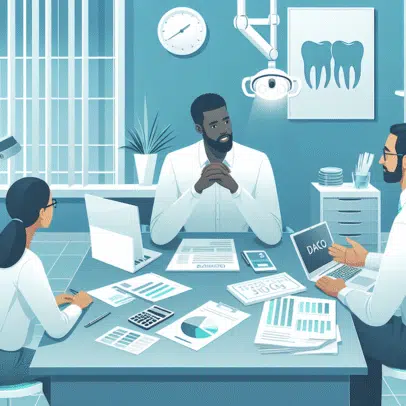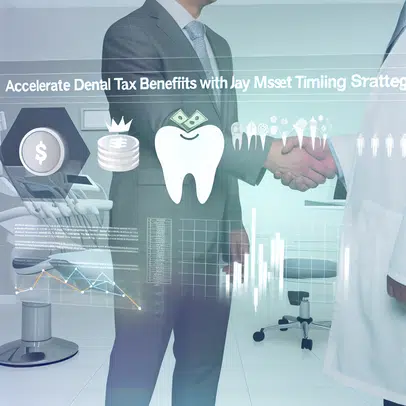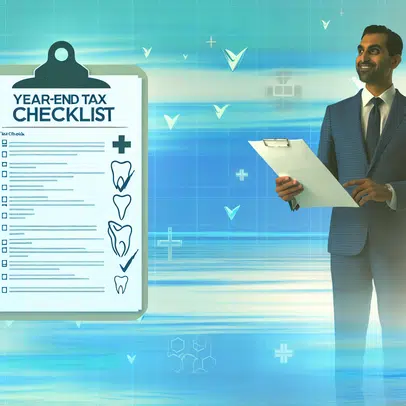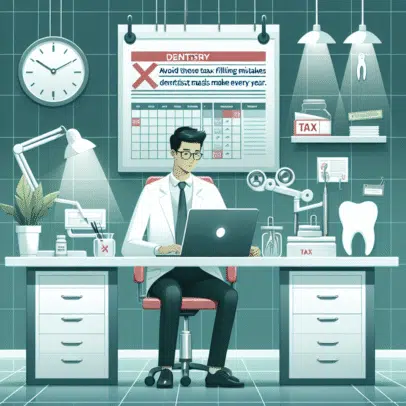How a Second CPA Review Can Reduce Dentists’ Tax Burden
As a dentist, you’ve spent years perfecting your skills to take care of smiles. But when it comes to taxes, the process can feel overwhelming. You might rely on a CPA to handle your finances, and that’s a great first step. But have you ever considered getting a second CPA review to help reduce your tax burden?
What Is a Second CPA Review?
Think of it like getting a second opinion on a treatment plan. You trust your first CPA, but having another tax professional take a fresh look at your numbers can point out missed deductions, opportunities for savings, or even compliance issues.
Just like each patient is different, so is every dental practice. Some CPAs might not fully understand the unique financial aspects of your industry — especially if they don’t specialize in working with dental offices.
Why Dentists Often Overpay in Taxes
Many dental professionals are so focused on patient care and running their practice that financial strategies take a back seat. This sometimes leads to:
- Overlooked write-offs for equipment, continuing education, or office renovations
- Inefficient tax structures such as filing as the wrong type of entity
- Missed timing opportunities like deferring income or accelerating expenses
Even the best CPA can miss something when juggling several clients — especially if they don’t specialize in dentistry. That’s where a second set of eyes can make a major impact.
Benefits of a Second CPA Review for Dentists
Getting a second opinion doesn’t mean your current CPA is doing a bad job. It just means you’re being proactive. Here are some benefits:
- Uncover missed deductions: A second CPA might find expenses that weren’t properly categorized.
- Review entity structure: Are you operating as a sole proprietor, S corp, or LLC? The right structure can lower your tax bill.
- Spot red flags: Catch errors or inconsistencies that could trigger an audit.
- Create a long-term tax strategy: Beyond filing returns, a good CPA helps with tax planning so you’re better prepared year after year.
It’s a little like flossing – it’s easy to skip, but the long-term benefits are worth it.
What to Expect During a Review
A second CPA will typically ask to see your previous tax returns, financial statements, and any business-related expenses. They’ll also ask questions about your practice to understand how your money flows.
This review shouldn’t feel like a critique — it’s more like a second check to spot savings opportunities. Think of it as double-checking your work before turning in the test.
How to Choose the Right CPA for a Second Opinion
Not all CPAs are the same. Look for someone who:
- Specializes in dental or healthcare practices
- Has experience with small businesses or private practices
- Offers tax planning services — not just preparation
Ask around. Other dentists in your network may have referrals. And don’t worry — getting a review is more common than you might think.
Final Takeaway
If you’re a dentist looking to lower your tax burden, a second CPA review could uncover smart ways to save money. It’s a small step that can lead to big rewards. After all, the more money you keep, the more you can reinvest in your practice — or finally take that well-deserved vacation!
So, ask yourself: When’s the last time someone reviewed your taxes with fresh eyes?




